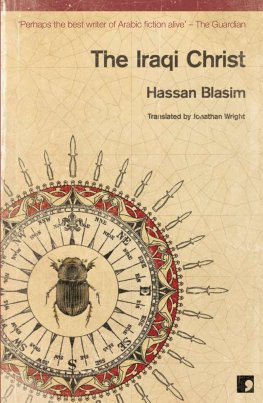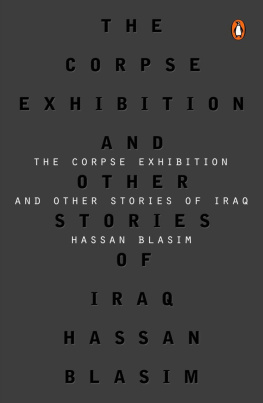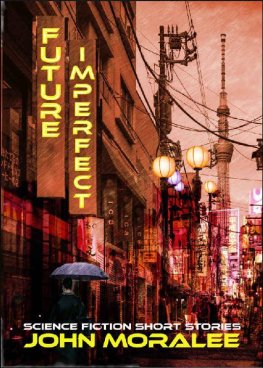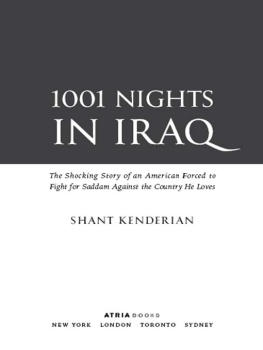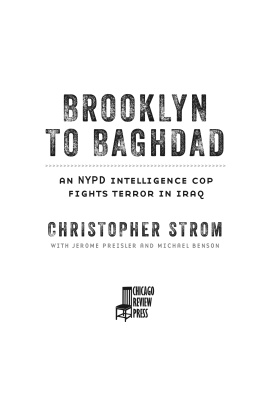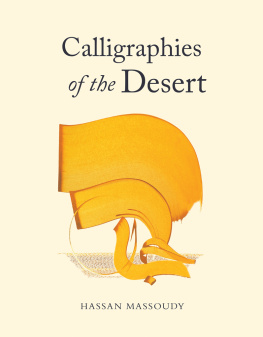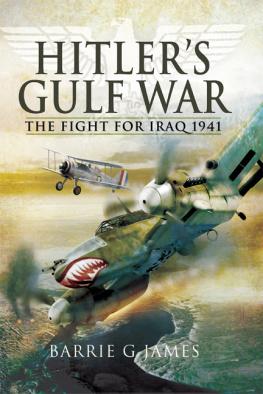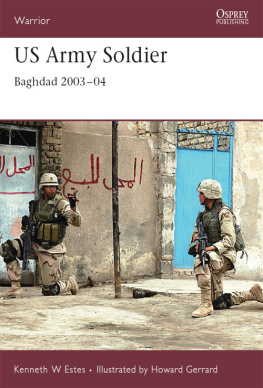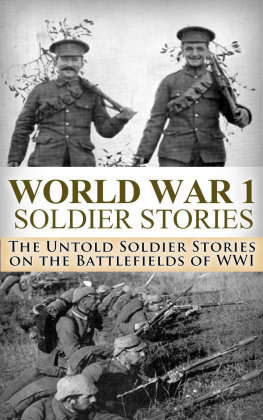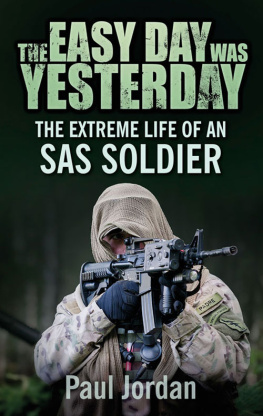Hassan Blasim
The Iraqi Christ
The author would like to thank the Iraqi writer and translator Adnan al-Mubarak for reviewing and editing most of the stories in the Arabic-language version of this book, and also to pay special thanks to his wonderful and creative friend, Ahmad al-Nawas, who discussed all the stories in the collection patiently and made many important and helpful observations. The author would also thank all the other friends who have offered support: Shadan Ahmad, Adel Abidin, Ahmad Awad, Marita Sandt and Paula Huhtanen.
People were waiting in queues to tell their stories. The police intervened to marshall the crowd and the main street opposite the radio station was closed to traffic. Pickpockets and itinerant cigarette vendors circulated among them. People were terrified a terrorist would infiltrate the crowd and turn all these stories into a pulp of flesh and fire.
Memory Radio had been set up after the fall of the dictator. From the start, the radio station had adopted a documentary approach to programming, without news bulletins or songs, just documentary reports and programmes that delved into the countrys past. The station had become famous after announcing that it was going to record a new programme entitled Their Stories in Their Own Voices. Crowds gathered at the broadcasting centre from across the country. The idea was simple: to select the best stories and record them as narrated by the people involved but without mentioning their real names; then the listeners would choose the top three stories, which would win valuable prizes.
I succeeded in filling out the application form but made it inside the radio station only with great difficulty. More than once an argument broke out because of the crush. Old and young, adolescents, civil servants, students and unemployed people, all came to tell their stories. We waited in the rain for more than four hours. Some of us were subdued, others were bragging about their stories. I saw one man with no arms and a beard that almost reached his waist. He was deep in thought, like a decrepit Greek statue. I noticed the anxiety of the handsome young man who was with him. From a communist who was tortured in the seventies in the Baath Partys prisons, I heard that the man with the beard had a story that was tipped to win, but that he himself had not come to win. He was just a madman, but his companion, one of his relatives, coveted the prize. The man with the beard was a teacher who went to the police one day to report on a neighbour who was trading in antiquities stolen from the National Museum. The police thanked him for his cooperation. The teacher, his conscience relieved, went back to his school. The police submitted a report to the Ministry of Defence that the teachers house was an al Qaeda hideout. The police were in partnership with the antiquities smuggler. The Ministry of Defence sent the report to the US Army, who bombed the teachers house by helicopter. His wife, his four children and his elderly mother were killed. The teacher escaped with his life but he suffered brain damage and lost his arms.
I personally had more than twenty stories teeming in my memory about my long years of captivity in Iran. I was confident that at least one of them would really be the clincher in the competition.
They took in the first batch of contestants and then announced to the crowds left behind us that they had stopped accepting applications for the day. There were more than seventy of us that went in. They had us sit down in a large hall similar to a university cafeteria. A man in a smart suit then told us we were first going to listen to two stories to understand the format of the programme. He also spoke about legal aspects of the contracts we would have to sign with the radio station.
The lights gradually dimmed and the hall fell silent, as if it were a cinema. Most of the contestants lit up cigarettes and we were soon enveloped in a thick cloud of smoke. We started listening to a story by a young woman, whose voice reached us clearly from the four corners of the hall. She told how her husband, a policeman, was held by an Islamist group for a long time and how, during the sectarian killings, the killers sent his body back decomposed and decapitated. When the lights came back on, chaos broke out. Everyone was talking at the same time, like a swarm of wasps. Many of them ridiculed the womans story and claimed they had stories that were stranger, crueller and more crazy. I caught sight of an old woman close to ninety waving her hand in derision and muttering, Thats a story!? If I told my story to a rock, it would break its heart.
The man in the smart suit came back on and urged the contestants to calm down. In simple words he explained that the best stories did not mean the most frightening or the saddest, what mattered was authenticity and the style of narration. He said the stories should not necessarily be about war and killing. I was upset by what he said, and I noticed that most of the contestants paid no attention. A man the size of an elephant whispered in my ear, Its bullshit what that bullshitter says. A storys a story, whether its beautiful or bullshit.
The lights went down again and we started listening to the second story:
They found her feeding me shit. A whole week she was mixing it with the rice, the mashed potatoes and the soup. I was a sallow child, three years old. My father threatened to divorce her but she took no notice. Her heart was hardened forever. She never forgave me for what I did and I will never forget how cruel she was. By the time she died of cancer of the womb, the storms of life had carried me far away. I escaped from the country some time after the barrel incident, abject, defeated, paralysed by fear. On the night I said goodbye to my father, he walked with me to the graveyard. We read the first chapter of the Quran over my uncles grave. We embraced and he slipped a bundle of cash into my hand. I kissed his hand and disappeared.
We were living in a poor part of Kirkuk. The neighbourhood didnt have mains drainage. People would have septic tanks dug in their gardens for three dinars. Nozad the Kurdish vegetable seller was the only person in the neighbourhood who specialized in digging those tanks. When Nozad died his son Mustafa took on the work. They found Nozad burned to a cinder in his shop after a fire broke out one night. No one knows what Nozad was doing that night. Some people claim he was smoking hashish. My father didnt believe that. For all kinds of disasters his favourite proverb was Everything we do in this ephemeral world is written, preordained. So in my childhood I believed that our life was tucked away somewhere in school books or in the shop where they sold newspapers. My father wanted to save my childhood with all the goodwill and love he possessed. He was gracious towards others and towards life in a way that still puzzles me today. He was like a saint in a human slaughterhouse. Disaster would strike us pretty much every other year. But my father didnt want to believe that fate could bring such a mysterious curse. Perhaps he attributed it to destiny. We were liable to assault from every direction from the unknown, from reality, from God, from people, and even the dead would come back to torment us. My father tried to bury my crime through various means, or at least erase it from my mothers memory. But he failed. In the end he gave in. He left the task to the ravages of time, in the hope that this would efface the disaster.
I may have been the youngest murderer in the world: a murderer who remembered nothing of his crime. For me at least it was no more than a story, just a story to entertain people at any moment. What I noticed was that everyone would write, intone or sing the story of my crime as they fancied. At the time, my father wasnt working in the pickle business. He was a tank driver and the war was in its first year. My mother was nagging my father for a third child but he refused because of the war, which terrified him. We were comfortably off. Every month my father would send enough money to cover food, clothing and the rent on the house. My mother would spend her time either asleep or visiting my aunt, with whom shed talk all day about the price of fabric and the waywardness of men.

